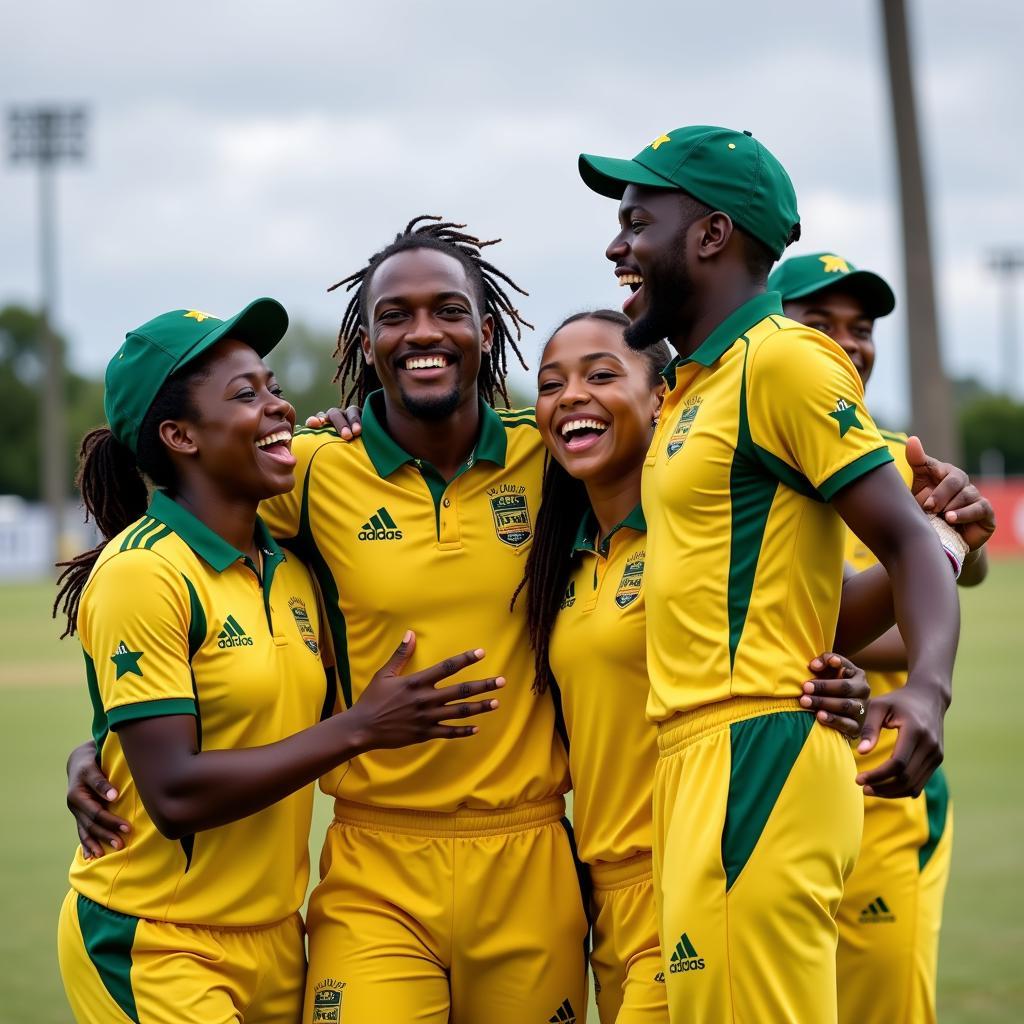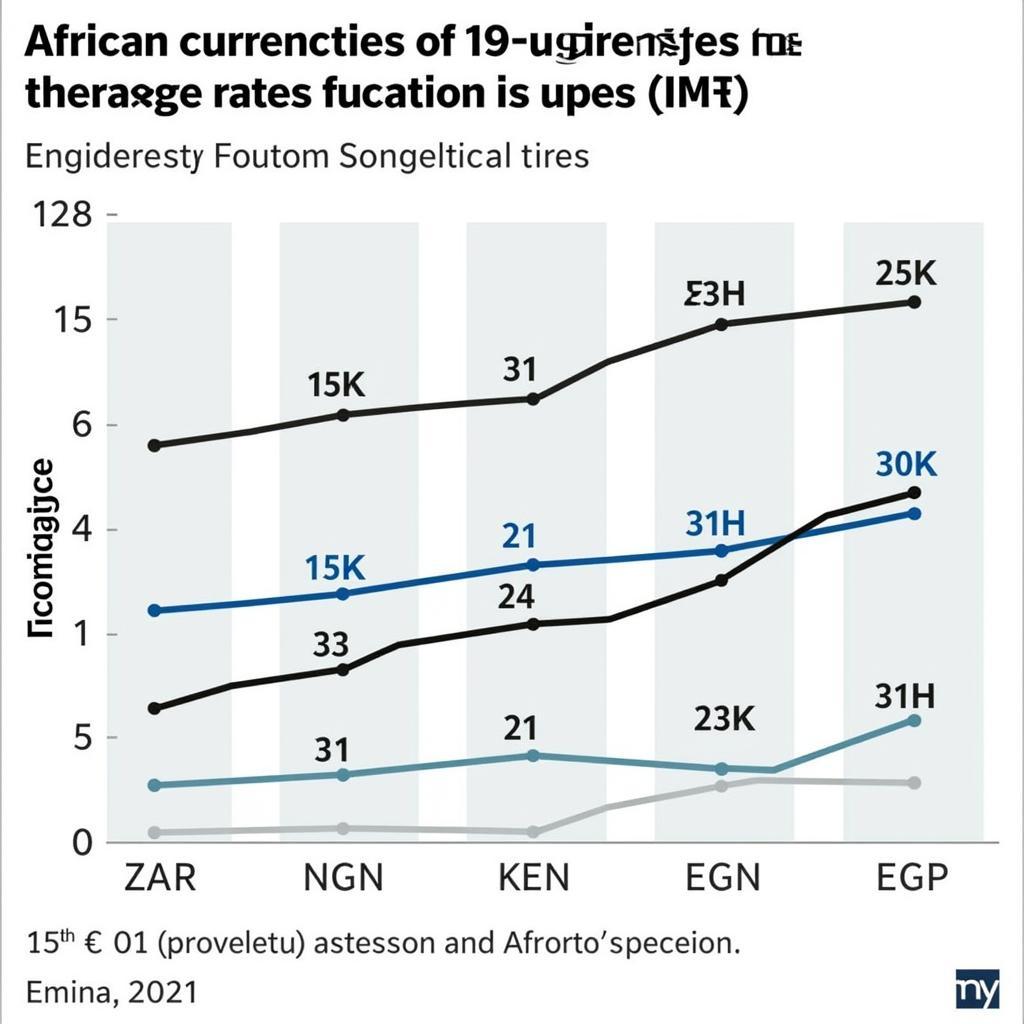What Does African Folklore Mean?
African folklore, a vibrant tapestry of stories, myths, legends, and proverbs, holds a significant place in the heart of African culture. Passed down through generations, these oral traditions offer a window into the soul of a people, reflecting their beliefs, values, history, and understanding of the world around them.
Unveiling the Rich Tapestry of African Folklore
More than just entertaining narratives, African folklore serves a crucial role in shaping cultural identity and social values. These stories, often told through song, dance, and dramatic performances, impart moral lessons, explain natural phenomena, and explore the complexities of human nature.
The Purpose and Significance of African Folklore
African folklore serves several key purposes:
- Education: Folktales often feature animal characters with human-like qualities, teaching children valuable life lessons about honesty, kindness, and the consequences of greed or deceit.
- Social Commentary: Folklore can subtly critique societal norms, address injustice, and explore themes of power, leadership, and community.
- Preservation of History: Many folktales are rooted in historical events, preserving the memories of ancient kingdoms, heroes, and significant cultural shifts.
- Cultural Identity: Folklore reinforces a sense of belonging and shared identity within communities and across generations.
- Spiritual Beliefs: Myths and legends often explain the origin of the universe, the role of deities, and the relationship between humans and the spiritual world.
Exploring the Diverse Genres of African Folklore
African folklore encompasses a rich diversity of genres:
- Trickster Tales: These often humorous stories feature characters who use wit and cunning to overcome obstacles or outsmart their adversaries. Anansi the Spider, a popular trickster figure in West African folklore, embodies this archetype.
- Creation Myths: These stories explain the origin of the world, humans, and various natural phenomena.
- Hero Legends: Celebrating bravery, strength, and cunning, these narratives immortalize the deeds of legendary figures who often battle supernatural forces or overcome great challenges.
- Fables: Featuring animal characters with human-like qualities, fables teach moral lessons and offer insights into human behavior.
- Proverbs and Riddles: Concise and thought-provoking, proverbs offer wisdom and guidance, while riddles test wit and knowledge.
The Power of Oral Tradition
African folklore thrives on the power of oral tradition. Storytellers, often respected elders or community leaders, possess a unique ability to captivate audiences, using their voices, gestures, and facial expressions to bring the stories to life. This dynamic form of storytelling ensures that each retelling is unique, adapting to the audience and evolving over time.
The Enduring Legacy of African Folklore
The influence of African folklore extends far beyond the continent. From inspiring literary works to influencing music, dance, and art forms worldwide, these stories continue to resonate with audiences globally.
African Folklore in the Modern World
Today, African folklore faces the challenge of preserving its oral traditions in a rapidly changing world. However, efforts to document and share these stories through books, festivals, and online platforms ensure that the richness and wisdom of African folklore continue to inspire and enlighten generations to come.
Frequently Asked Questions about African Folklore
1. What is the significance of animals in African folktales?
Animals often serve as symbolic representations of human traits and behaviors. Their actions and interactions offer moral lessons and insights into the complexities of human nature.
2. Who are some famous figures in African folklore?
Anansi the Spider, a trickster figure from West Africa, is widely known. Other notable figures include the wise king Sundiata Keita from Mali and the Yoruba deity Ogun, often associated with iron and craftsmanship.
3. How does African folklore compare to other folklore traditions around the world?
While sharing universal themes and motifs with other folklore traditions, African folklore distinguishes itself through its unique storytelling styles, vibrant imagery, and emphasis on community and oral tradition.
4. How is African folklore being preserved today?
Efforts are underway to document and preserve African folklore through written collections, audio recordings, and online platforms. Cultural festivals and storytelling events also play a crucial role in keeping these traditions alive.
5. Why is it important to study and appreciate African folklore?
Understanding African folklore provides valuable insights into the history, values, beliefs, and artistic expressions of diverse African cultures. It also reminds us of the power of storytelling and its ability to connect generations and foster a sense of shared humanity.
Need More Information on African Culture?
Explore more fascinating aspects of African culture on our website:
We encourage you to delve deeper into the captivating world of African folklore. Its stories offer a window into the heart of a continent and its enduring legacy continues to inspire and captivate audiences worldwide.
We hope this article has shed light on the meaning and significance of African folklore. If you have any further questions or need additional information, please do not hesitate to contact us. Our team is available 24/7 to assist you. You can reach us at +255768904061, email us at kaka.mag@gmail.com, or visit our office at Mbarali DC Mawindi, Kangaga, Tanzania.


